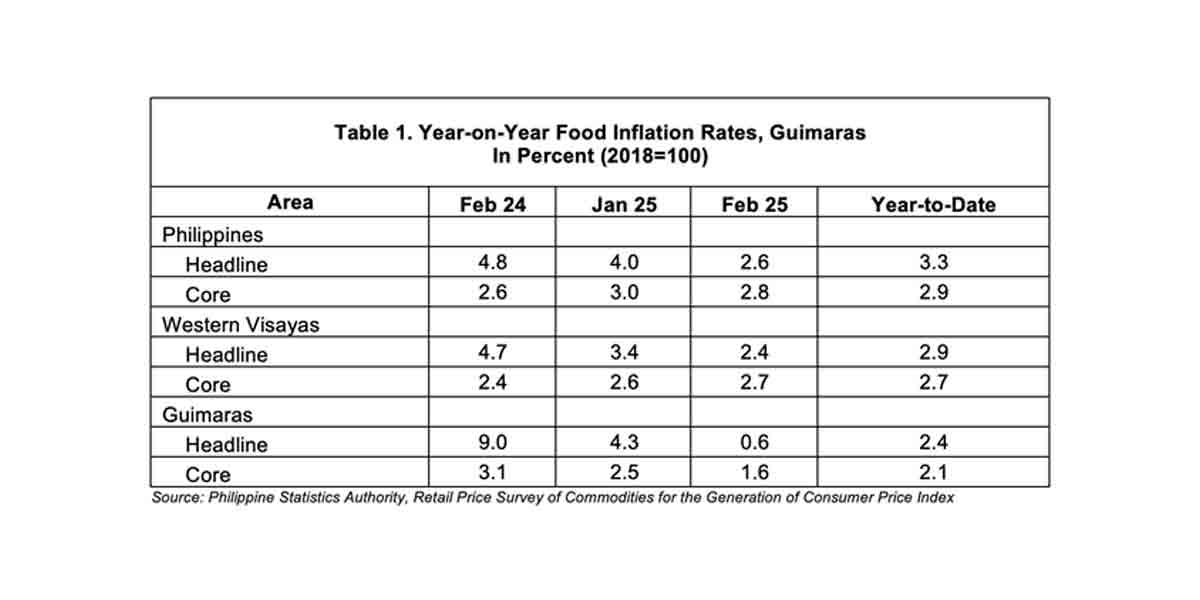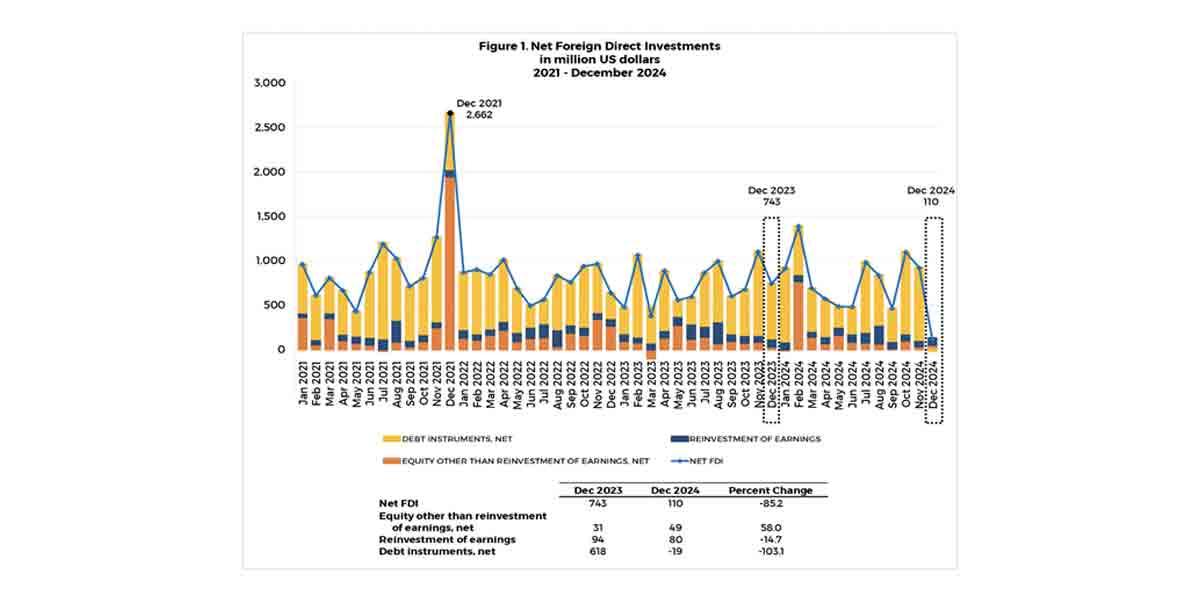The country’s labor market continued its upbeat performance in October 2023 as it achieved once again the lowest unemployment rate in nearly two decades.
According to the Philippine Statistics Authority (PSA), the country recorded a 4.2-percent unemployment rate in October 2023, lower than the 4.5 percent recorded in October 2022. This unemployment rate is similar to the registered rate in November 2022 and the lowest unemployment rate recorded since April 2005.
Given these promising labor market conditions, the National Economic and Development Authority (NEDA) underscored the importance of expanding opportunities for individuals to reskill or upskill while sustaining efforts to create an environment promoting high-quality jobs.
Thus, the labor market recorded an employment rate of 95.8 percent in October 2023, higher than the 95.5 rate posted in the same period last year and the highest since April 2005. This translates to the number of employed persons aged 15 years and above reaching 47.80 million in October 2023, which is higher compared to the 47.06 million registered in the same period last year.
In addition, the underemployment rate, which refers to the percentage of employed individuals who want to work more hours, decreased during the survey period. The PSA noted that the underemployment rate in October 2023 was 11.7 percent, lower than the 14.2 percent recorded in October 2022.
Also worth noting is that most employment generated is middle (+334,000) and high-skill occupations (+897,000). This is primarily due to the expansion in tourism-related and IT-BPO sectors.
NEDA Secretary Arsenio M. Balisacan expects the conditions in the Philippine labor market to improve further, given the thrust of the Marcos Administration to encourage trade and investment and reinvigorate job generation.
“We can make the labor market more inclusive with the entry of more investments, especially those that bring in new and better technology. At the same time, we need to expand and enhance learning opportunities to ensure that we equip Filipinos for future jobs,” added Balisacan.
The nation’s chief socioeconomic planner foresees that the positive trend observed in the country’s labor market will continue after President Ferdinand Marcos Jr. signed Republic Act No. 11966, also known as the Public-Private Partnership (PPP) Code, on December 5, 2023. The landmark legislation strengthens the country’s investment ecosystem by creating a more stable and predictable policy environment for collaboration in high-impact infrastructure projects.
“The passage of the PPP Code is just one of many recent reforms that have made the Philippines more attractive to foreign investors. It provides the government with a more solid ecosystem for investments, which, in turn, generates employment opportunities for Filipino workers in several critical growth areas, including infrastructure,” explained Balisacan.






















